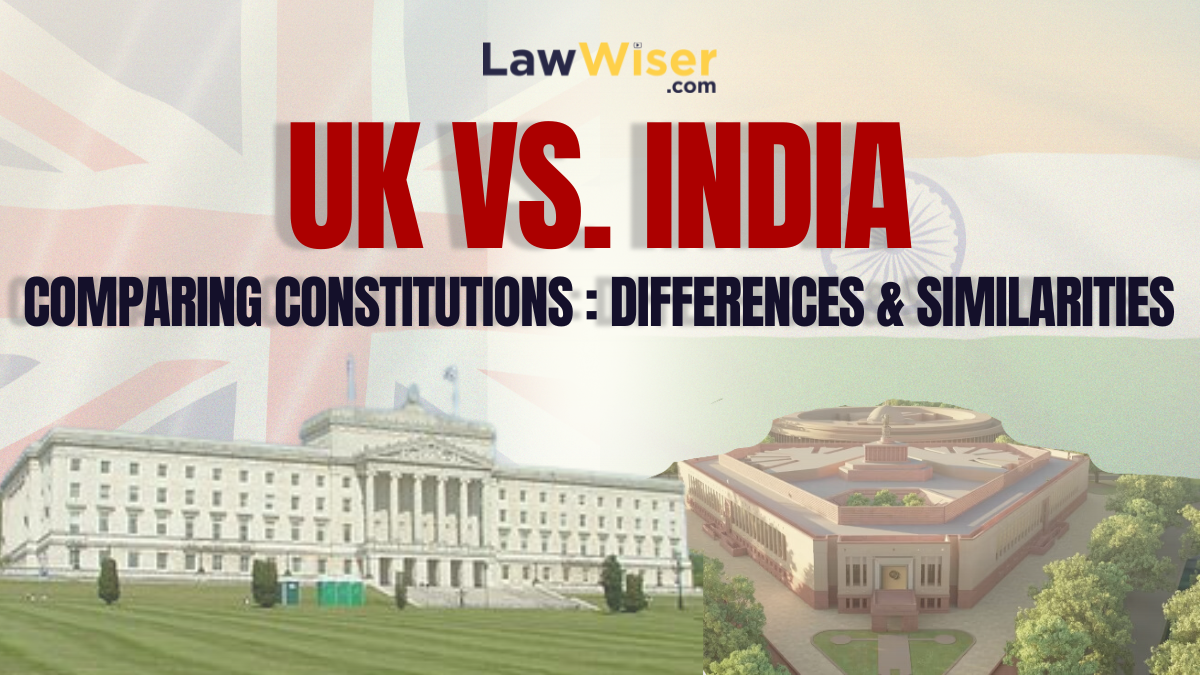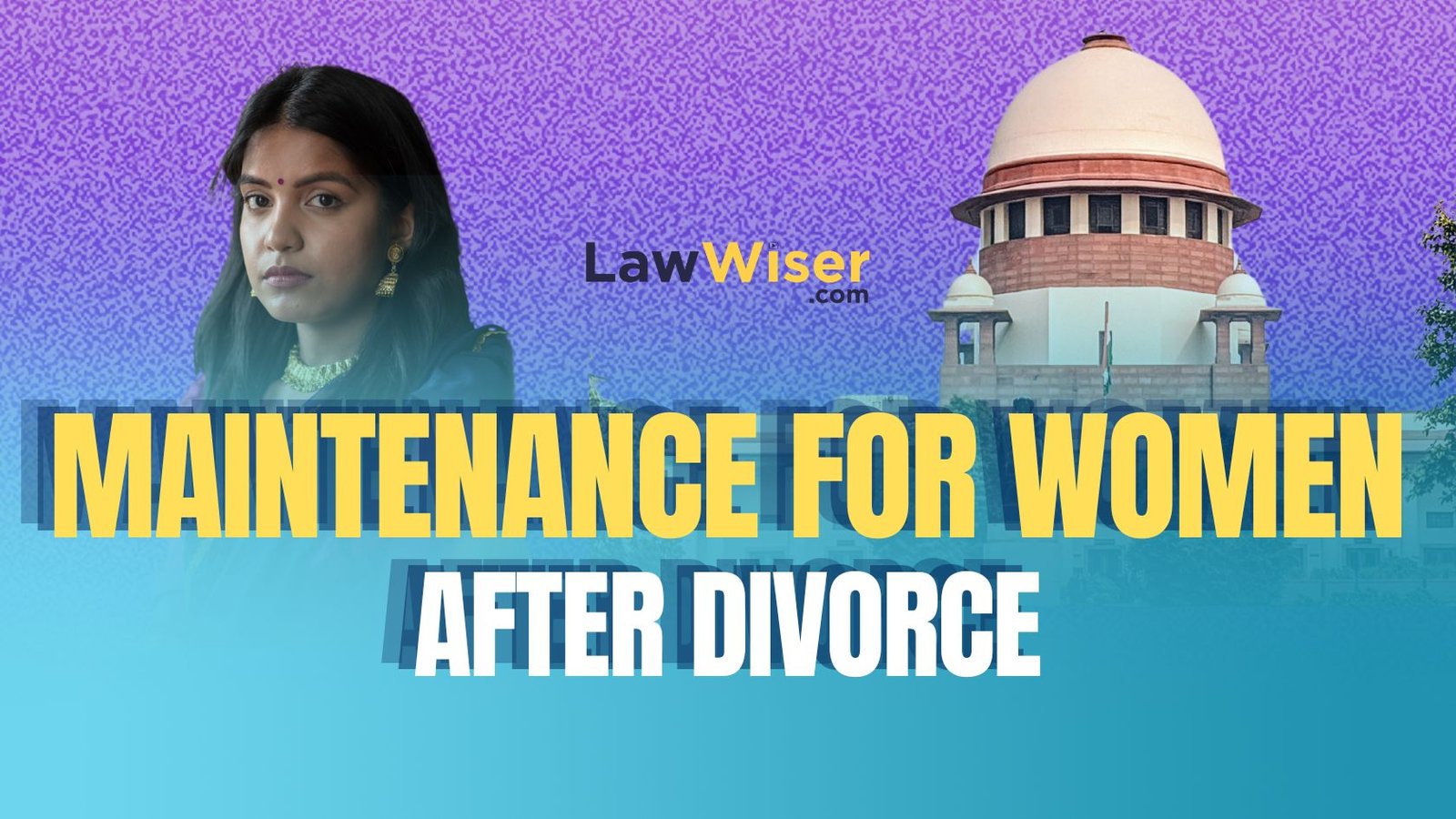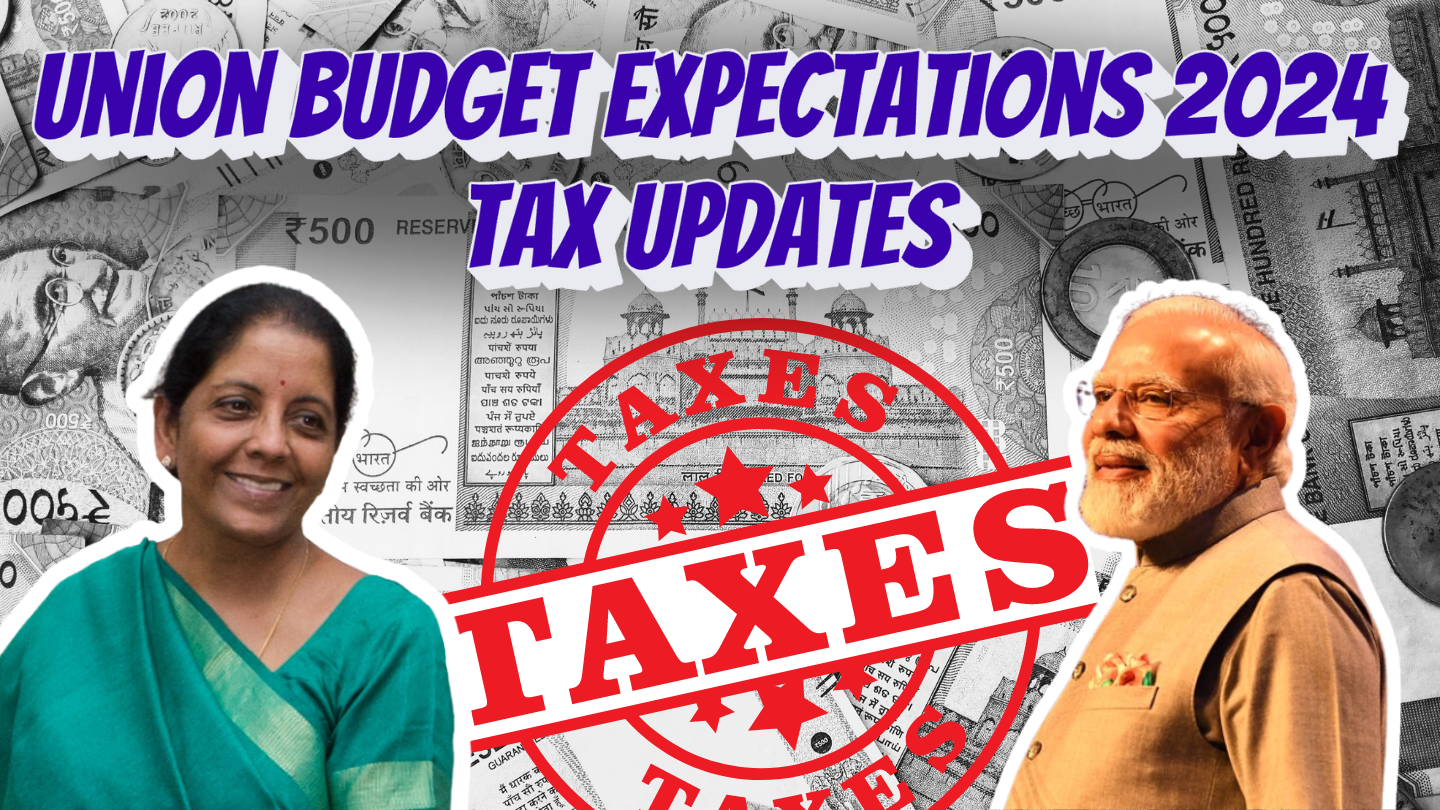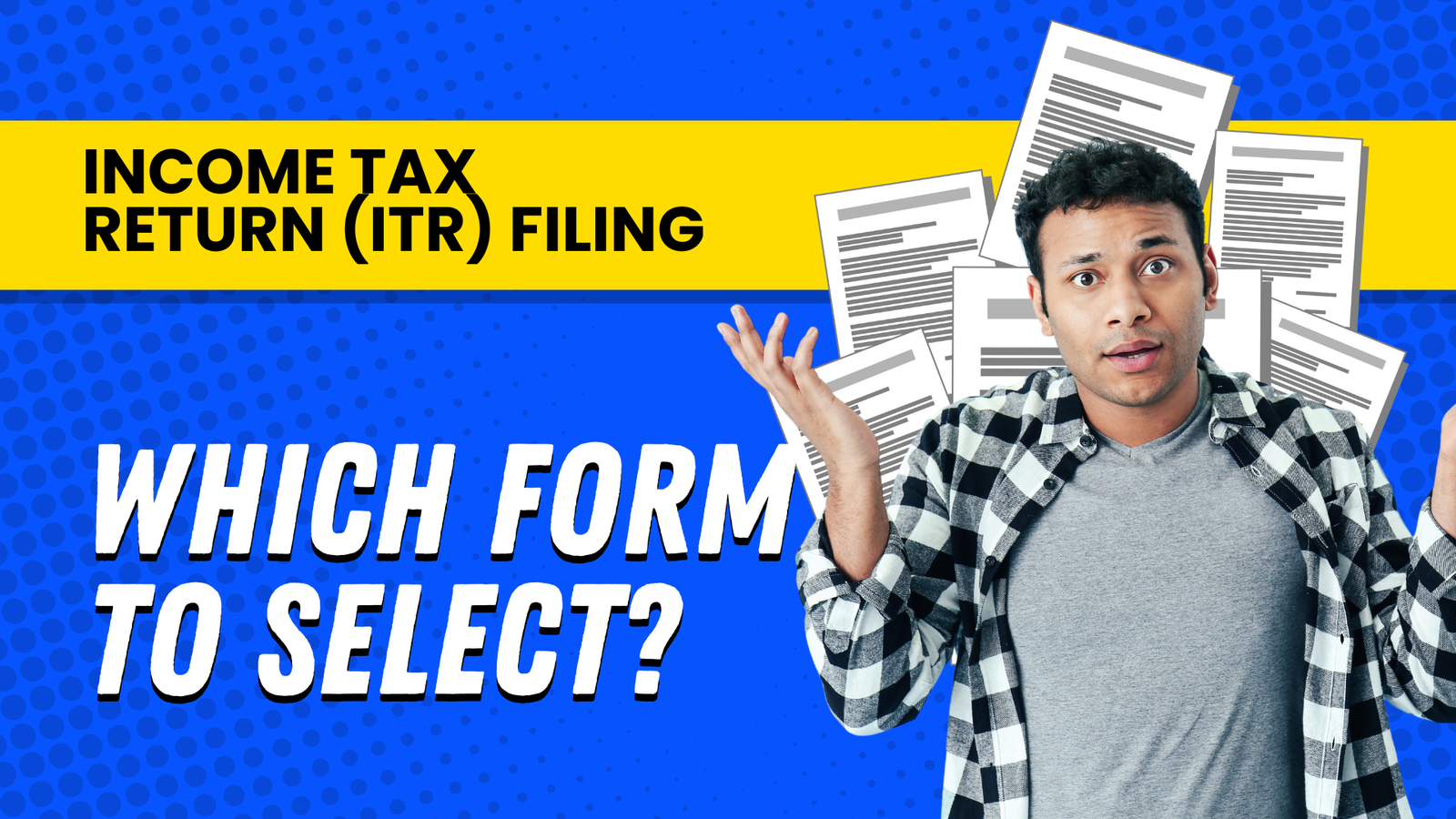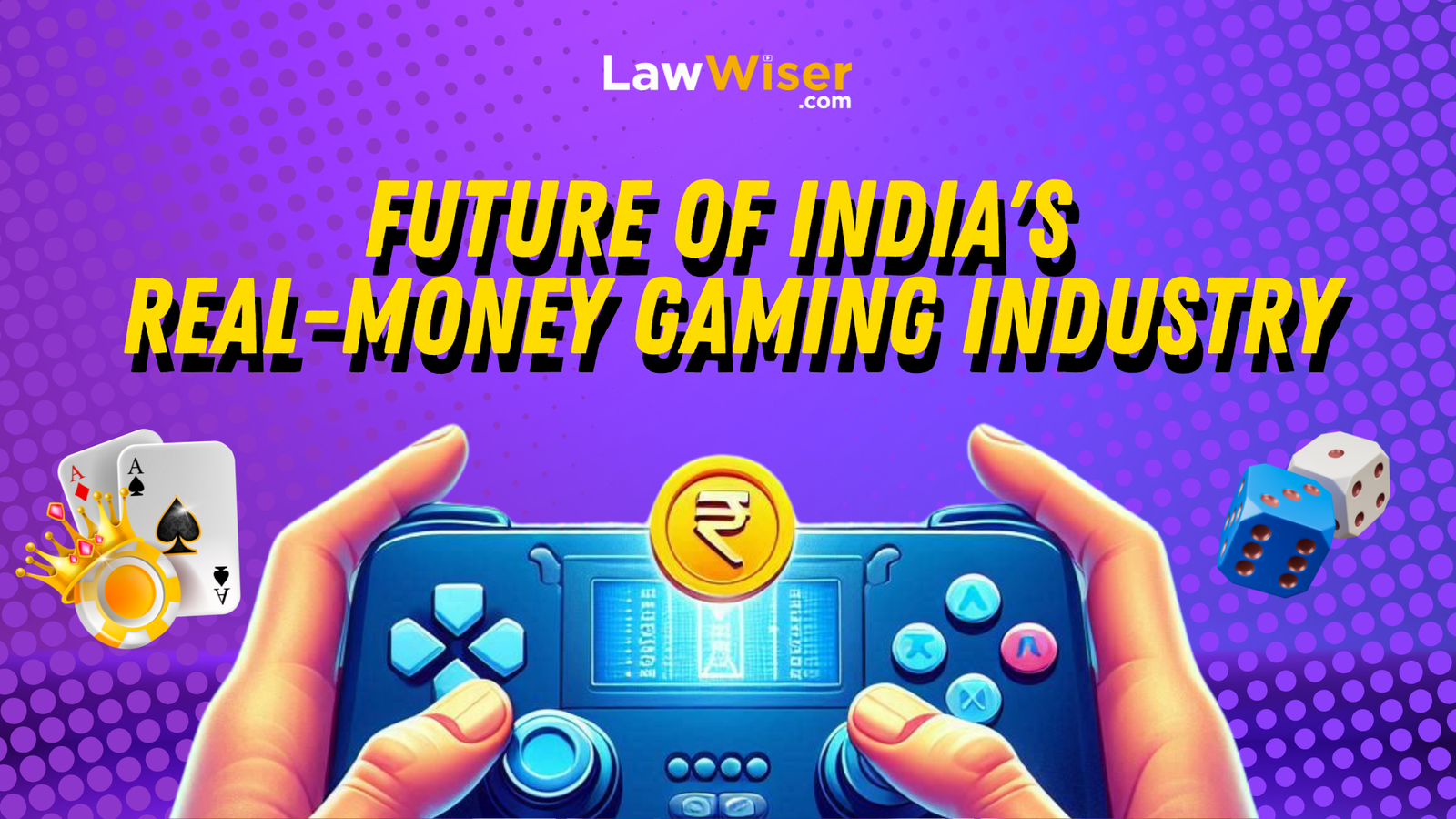LEGAL FRAMEWORK FOR ECONOMIC OFFENCES
We at LawWiser bring together two industry experts, Mr. Vivek Sood, Senior Advocate and Mr. Mohit Bakshi, Partner, J. Sagar Associates, to discuss the legal framework that governs these economic offences.
In this video we explore –
1.) What are economic offences?
2.) It’s impact and nature
3.) Concerning Regulations
4.) Challenges in effective prosecution
5.) Strategies that business enterprises should follow.
WHAT ARE ECONOMIC OFFENCES?
These offences occurs when someone commits a criminal act to gain a material advantage. The motives for such actions are varied and can include a desire to defraud another party, and the offence is usually motivated by the desire to obtain money or property.
It generally implies a breach of trust, fraud, or cheating and does not necessarily involve physical harm to the victim. In addition, most these offences are committed by the upper classes, who have access to economic activities.
Criminal penalties can differ in each state. Those convicted of committing economic crimes can face a jail sentence of up to seven years jail. The disadvantage is dependent on the severity of the offence but can be extremely severe.
While there is no single legal standard for punishing an economic offence, there are several factors to consider. In addition to the severity level, a criminal offence should be carefully investigated and punishable.
In many countries, economic offence cases have a high criminal liability. These crimes are often committed for a material benefit, but they can also hurt a country’s economy.
Affirmative or fictitious invoices are illegal. The person responsible for the fraudulent activity should be held accountable for the financial crime. The crime is illegal if the offender has obtained a significant advantage.
ECONOMIC OFFENCES IN INDIA
The criminal penalty for economic offence in India depends on the type of economic offence. It includes acts that can affect the economy of a country. These crimes include bank fraud, credit card fraud, stock market manipulation, and insurance. These are the most common economic offence in India.
Economic offences in India include criminal breach of trust, counterfeiting, criminal misappropriation of properties, forgery, cheating and fraud.
The law also includes criminal penalties for non-compliance with the rules. If you commit these crimes, you can be held accountable.
SOCIO-ECONOMIC OFFENCE
A socio-economic offence is a criminal offence that causes significant harm to society. The victim is typically the public at large or the consumer population. While traditional offences have no victims, economic crimes can affect the entire economy.
The criminal offender must be liable for the damages that they have caused.
In the scenario of socio-economic offences, significant and destructive effects are witnessed on the society wherein they get directly or indirectly affected.
Thus, the harm is caused to the society to the general public.
If they are a business owner, they must pay the penalty to the government. The offender may face criminal charges if they have misappropriated funds from the company.
The Malimath Committee defines economic offences as “criminal activity that aims to benefit the society through a deceitful act.” It includes acts of fraud against banks, financial institutions, and the country.
These crimes can affect the economy of a nation. If people commit these crimes, the consequences can be devastating. Consequently, they must be punished to prevent damage. These economic crimes are considered social crimes.
Bottom Line
There are many types of economic crimes that can affect the economy. The Indian Penal Code outlines several of these crimes and has a separate section for insurance fraud, and it also lists the different types of social offences. Further, a crime involving monetary transactions can also be considered an economic crime.
Almost all of these economic crimes can involve a businessman’s finances. In addition to these, they can also include financial exploitation.
To get featured in more such conversations, write us on editorial@lawwiser.com



